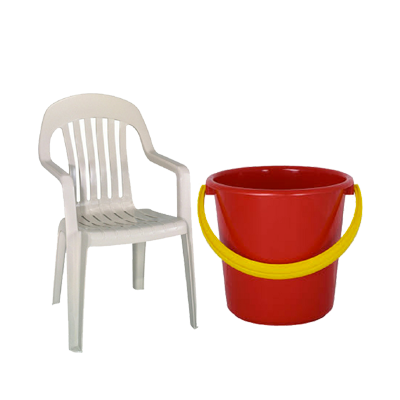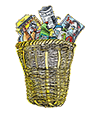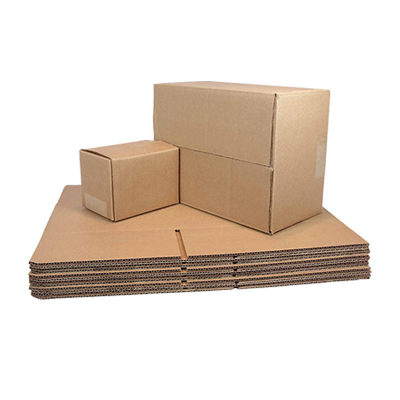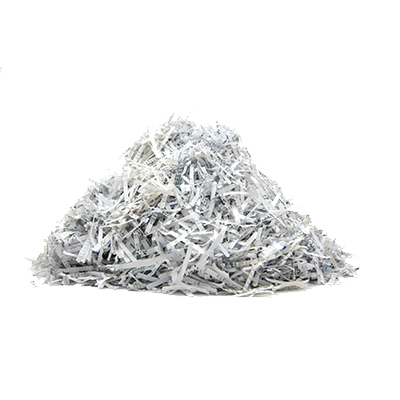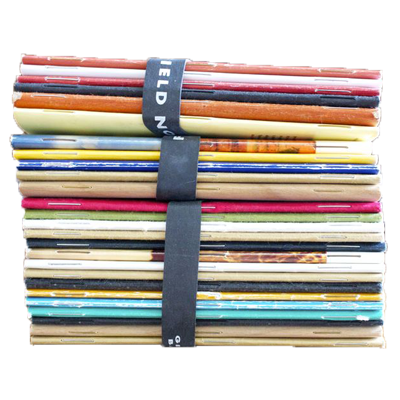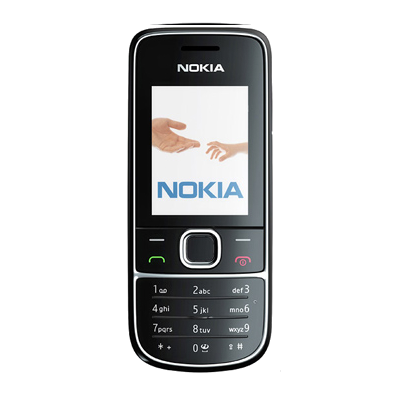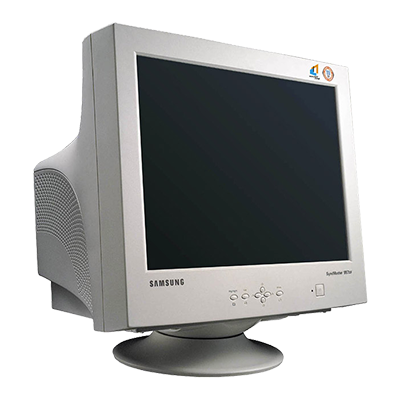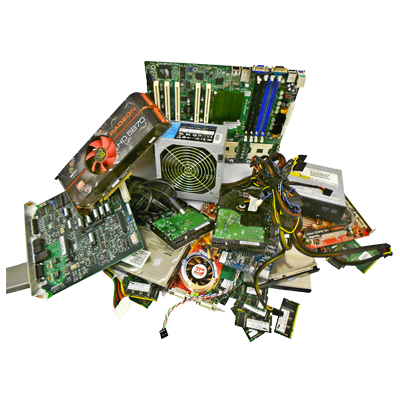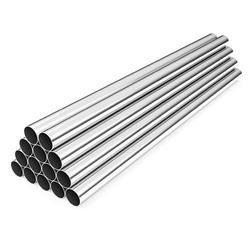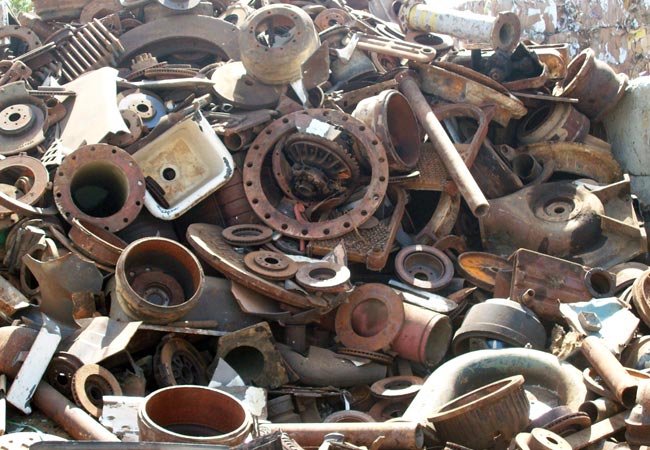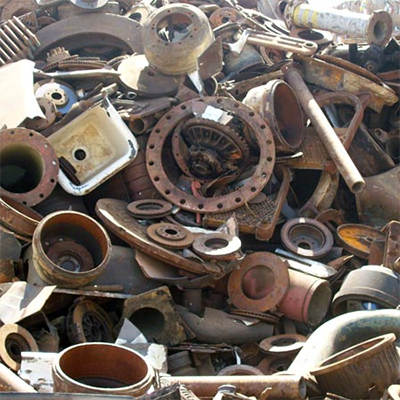
2019-09-13
Guess How Long It Takes To Break Down?
We use paper, plastic, glass, metals, and electronic waste every day. Most of the materials we use are designed to be disposed after short-term use, like plastic bags, paper cups, plastic straws, low quality fragile glassware, and to a certain extent, smartphones and laptops. Once we are done using them, we usually toss them in the trash with the rest of the garbage we generate daily.
Garbage collectors collect your waste and dispose of them at Sisdol Dumping Site, a dumping site that was originally supposed to be temporary but is currently overfilled and mismanaged. In this single-stream waste disposal process, all types of trash (organic, recyclable, hazardous) get dumped into the same landfill, and that’s no good because each material in the mixture of waste have different decomposing rates (and some never decompose). To add to that, a lot of components in our trash, especially e-waste, is hazardous to the environment. When these components are sent to landfills, they contaminate the soil, water, and air.
To get a better idea of why segregating your waste and practicing recycling is so important, below is a list of how long some common items take to decompose:
• Banana peel: three to four weeks
• Paper bag: one month
• Newspaper: one and a half months
• Cigarette butt: 10 to 12 years
• Leather shoe: 25 to 40 years
• Aluminum can: 200 years
• “Disposable” diaper: 450 years
• Plastic bottle: 450 to 500 years to turn into microplastics (plastics never decompose. After a certain amount of time, they break down into microplastics, which are microscopic pieces of plastic that spread to our water, air, and soil)
• Plastic bag: 200 to 1000 years to turn into microplastics
Most of these materials can be recycled and reintroduced to the economy. Especially with plastics, there is no feasible and large-scale process to safely dispose of them once they are manufactured, so the only safe thing to do is to recycle them. Today, we live in a linear economy of make, take, and dispose. We need to change our mindsets and adopt a circular economy: make, take, use, refurbish, reuse, recycle, and repeat.
The practice of recycling is not widespread in Nepal. You can help spread awareness by starting to recycle with us! Give us a call at 9802044421 or visit our website at www.dokorecyclers.com to begin your recycling journey.



